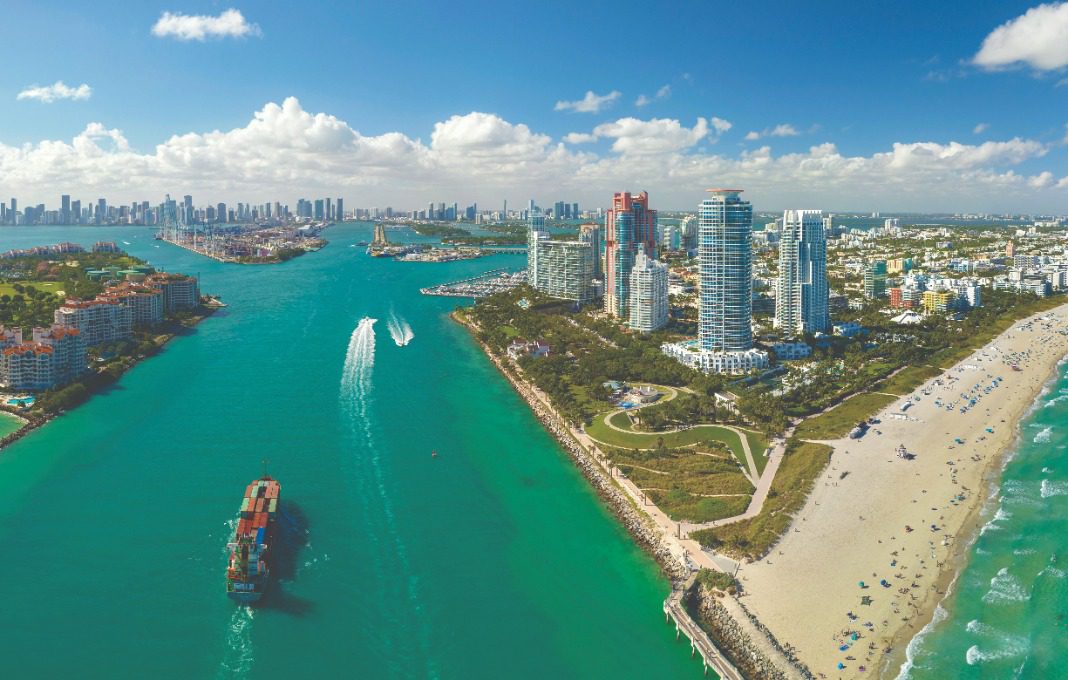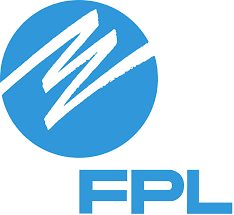From Sun To Supply Chain: Florida’s Rise In Logistics Leadership


Leading a logistics or distribution company in today’s market means navigating a labyrinth of complexities. Among the demands, CEOs must find a delicate balance between optimizing routes for speed and cost, ensuring the reliability and maintenance of transportation modes and adapting to fluctuating fuel prices and environmental regulations. At the same time, ecommerce ubiquity has increased the demand for faster, more efficient delivery services while it has expanded the geographic scope of deliveries. Labor shortages, particularly in skilled positions crucial for operations, have added yet another layer of difficulty.
Amid these challenges, strategic site selection has become paramount. Already home to a host of heavy-hitters, including Atlas Air, Ryder, AutoZone, Cheney Brothers and United Natural Foods, Florida’s geographical advantage, business-friendly environment, talent pipeline and advanced infrastructure have made it the go-to destination for industry leaders seeking a new home base or investing in expansion.
At the forefront of Florida’s geographical blessings is its status as a strategic gateway between North America, Latin America and the Caribbean, enabling logistics and transportation companies to serve as crucial conduits for trade and commerce flowing between these regions. That was a key factor in the nation’s largest Pepsi-bottler Buffalo Rock’s decision to build a new distribution facility in Santa Rosa County as it aimed to better serve customers across the Gulf region. In a similar move to support its U.S. expansion, international clothing retailer Primark opened a new distribution center in Jacksonville, leveraging the logistical advantages provided by the Jacksonville Port Authority to reach a vast consumer market within a one-day truck drive.
One of the most comprehensive in the world, Florida’s sophisticated multimodal transportation system includes 19 commercial airports, 15 deepwater seaports and numerous advanced highways and railways, all supported by a modern telecom infrastructure. Through its numerous ports, the state offers access to extensive maritime routes, facilitating easier and cost-effective shipping options to the Americas, Europe and beyond.
Decades of significant investment in infrastructure is already paying big dividends: For the second year in a row, Florida’s system of public seaports experienced record-high cargo growth, according to the Florida Seaport Transportation and Economic Development Council. Florida’s system of seaports handled more than 114 milliontons of cargo in 2023, shattering the 2022 record-high 112.5 million. Overall, $191 billion worth of goods enter or exit the U.S. through Florida each year.
And the state is committed to growing that: Last year, Gov. DeSantis announced a major investment through the Florida Framework for Freedom Budget, which included an historic outlay of $14.8 billion for the Florida Department of Transportation. The funds will support essential projects to bolster the state’s transportation network, address congestion, enhance safety, ensure resiliency and facilitate trade.
Florida’s economy, at $1.5 trillion, is 14th in the world and larger than some of the world’s major nations, including Mexico and the Netherlands. That strength is backed by a population growth that translates directly into an expanding consumer market, as well as a growing labor pool. Routine collaboration between the business community and the state’s vast network of universities, colleges and vocational schools ensures a replenishing pipeline of skilled graduates ready to meet the evolving demands of the market. Access to top talent was a major factor in KeHe’s decision to more than double its footprint in Florida’s St. Johns County with a new 530,0000-square-foot warehouse and Southeast headquarters in Elkton. The company, which is the largest distributor of natural, organic, specialty and fresh product to more than 31,000 retailers nationwide, also recently opened a new state-of-the-art Miami-area distribution center.
The state’s business-friendly policies and economic development incentives have played a crucial role in attracting such investments. When Dakota Premium Hardwoods CEO Ron Mazzarella announced in February that the Texas-based company would be opening a distribution center on Florida’s West Coast, he explained that “Dakota leaders see a lot of the same growth catalysts in place in Florida that have made us successful in Texas,” including anticipated population growth, residents optimistic about the future and an environment supportive of business.
Indeed, with no personal income tax and a comparatively low 5.5 percent top marginal corporate income tax rate, Florida’s pro-business climate consistently ranks it as the most business-friendly state in the nation. With a dynamic economy that continually reinvests in business, the state known for sunshine, beaches and tourism is now a powerhouse for logistics and trade that draws a wide spectrum of industries and serves as a pivotal artery for commerce within and beyond the United States.


0

1:00 - 5:00 pm
Over 70% of Executives Surveyed Agree: Many Strategic Planning Efforts Lack Systematic Approach Tips for Enhancing Your Strategic Planning Process
Executives expressed frustration with their current strategic planning process. Issues include:
Steve Rutan and Denise Harrison have put together an afternoon workshop that will provide the tools you need to address these concerns. They have worked with hundreds of executives to develop a systematic approach that will enable your team to make better decisions during strategic planning. Steve and Denise will walk you through exercises for prioritizing your lists and steps that will reset and reinvigorate your process. This will be a hands-on workshop that will enable you to think about your business as you use the tools that are being presented. If you are ready for a Strategic Planning tune-up, select this workshop in your registration form. The additional fee of $695 will be added to your total.

2:00 - 5:00 pm
Female leaders face the same issues all leaders do, but they often face additional challenges too. In this peer session, we will facilitate a discussion of best practices and how to overcome common barriers to help women leaders be more effective within and outside their organizations.
Limited space available.

10:30 - 5:00 pm
General’s Retreat at Hermitage Golf Course
Sponsored by UBS
General’s Retreat, built in 1986 with architect Gary Roger Baird, has been voted the “Best Golf Course in Nashville” and is a “must play” when visiting the Nashville, Tennessee area. With the beautiful setting along the Cumberland River, golfers of all capabilities will thoroughly enjoy the golf, scenery and hospitality.
The golf outing fee includes transportation to and from the hotel, greens/cart fees, use of practice facilities, and boxed lunch. The bus will leave the hotel at 10:30 am for a noon shotgun start and return to the hotel after the cocktail reception following the completion of the round.